Speaking at the plenary session of the Baku Energy Forum, Hungary's foreign affairs and trade minister said that humanity today lives in an era of dangers and crises, facing serious conflicts that clearly carry the risk of blocks being formed in the world once again, Hungary's state news agency MTI reports.
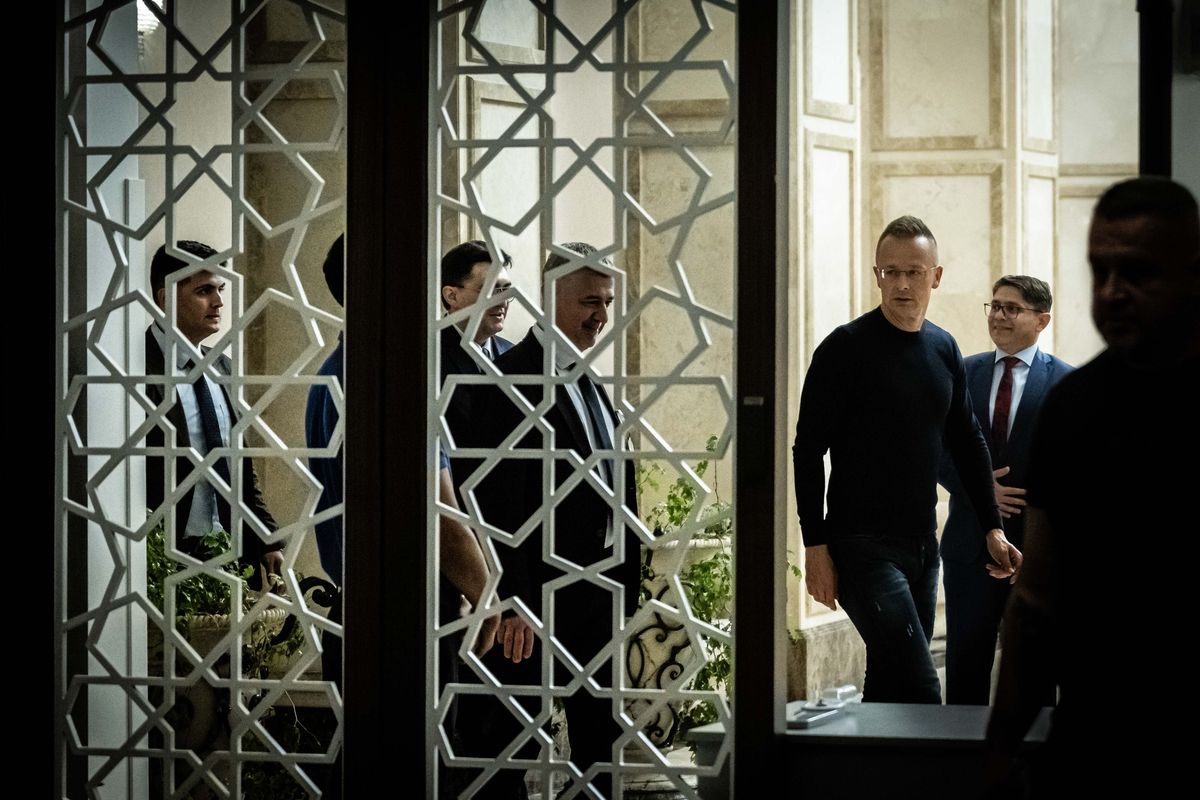
Hungary has always lost out on the conflicts between the East and the West, and therefore cooperation is in the country's interest, he said. He pointed out that the formation of blocks is jeopardizing energy supply security, and noted that it was a major problem that this area is now also pervaded by international political conflicts and ideological disputes.
The main objective in this area should be to free the issue of energy supply from ideological approaches and political disputes, because it is a physical and mathematical issue, not a philosophical one, he stressed.
In this context, he reaffirmed the Hungarian government's position that Hungary rejects ideological approaches and interference in issues related to the country's energy supply, which is a matter of sovereignty, he underlined. In the current environment full of challenges, three preconditions are needed globally to ensure secure and sustainable energy supply.
Firstly, discrimination against nuclear energy should come to an end, since the planet's current global electricity needs will double by 2030 due to the expansion of industrial production and the electric transition of the transport sector, and only nuclear power can meet this demand in a sustainable, safe and cheap way, he said.
With Germany leading the anti-nuclear countries, nuclear power production in Europe is under strong pressure, but France is there heading the coalition of pro-nuclear states, which is an important asset, he pointed out.
The second prerequisite, he underlined, is to resist the extremely aggressive pressure to remove natural gas from the national energy mix.
This is an artificial, unrealistic and ideologically driven objective that would be greatly detrimental to the competitiveness of numerous countries, he stated, proposing instead that energy infrastructure should be developed for diversification. Hungary is working hard on diversifying, but that this does not mean replacing existing energy sources, but rather including as many new sources as possible.
He took point with the European Union not providing financial support for the necessary network expansion in the south-eastern region of the continent, citing their excuse that in 15 years' time natural gas will no longer be part of the energy mix.
Even if that were true, there are still fourteen years left until then,
he remarked, noting that there is no such thing as redundant infrastructure.
The minister identified the third essential precondition: the abolition of any measures that restrict unhindered, fair and free international energy cooperation.
He recalled that the sanctions imposed on Russia have led to giant price increases, with Hungary, for example, having to pay tens of billions of euros more for energy imports. Hungary therefore rejects any kind of energy sanctions, and considers outrageous and unacceptable all attempts in the European Union to introduce tariffs on certain energy sources - thus making the supply of certain countries more expensive.
The Hungarian government does not decide where to buy energy from on political grounds.
This is not a political statement, but a matter of national sovereignty and rationality,
he stressed.
Finally, he said that despite all this, there is still hope for a return to common sense, as it is clear that the Paks expansion project is being carried out by American, French and German companies, in addition to the Russian prime contractor.
This shows that, even if politicians sometimes make crazy statements, there is still hope for a return to common sense and international cooperation at the level of everyday and professional life,
the minister concluded.
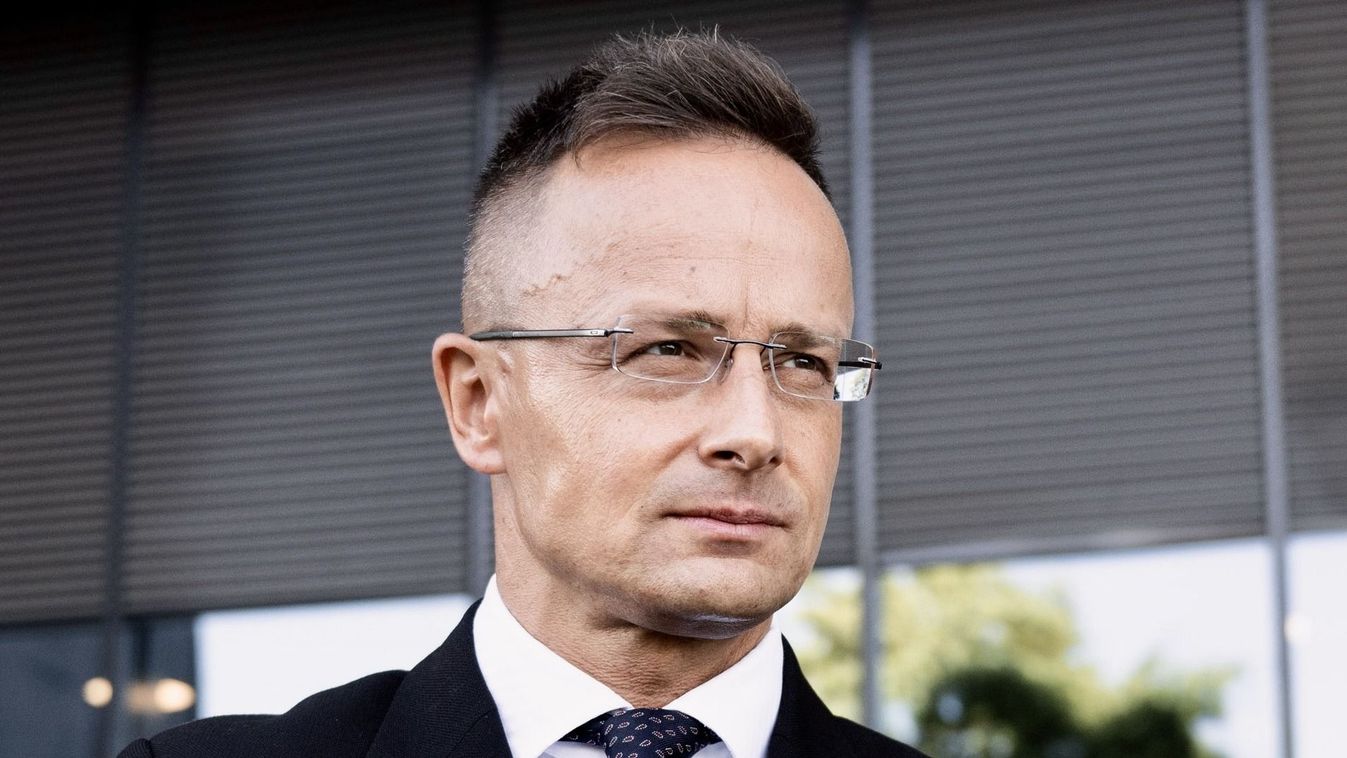
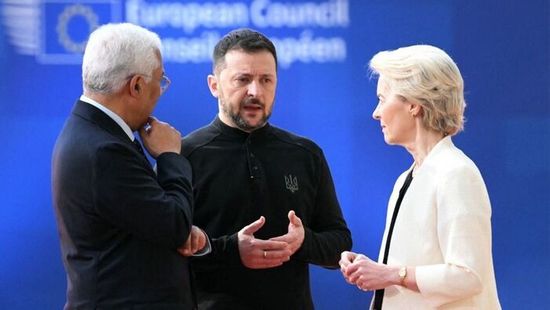
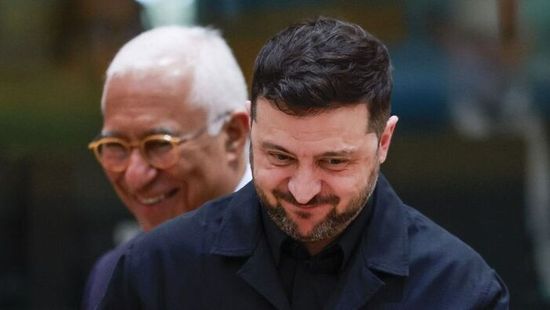
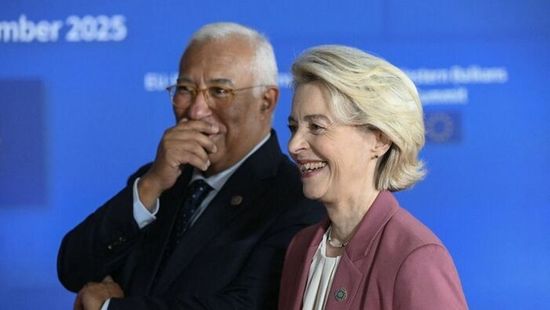
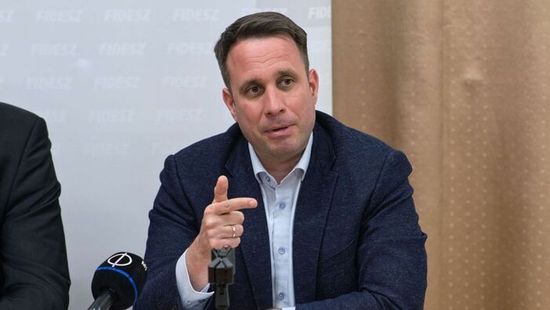

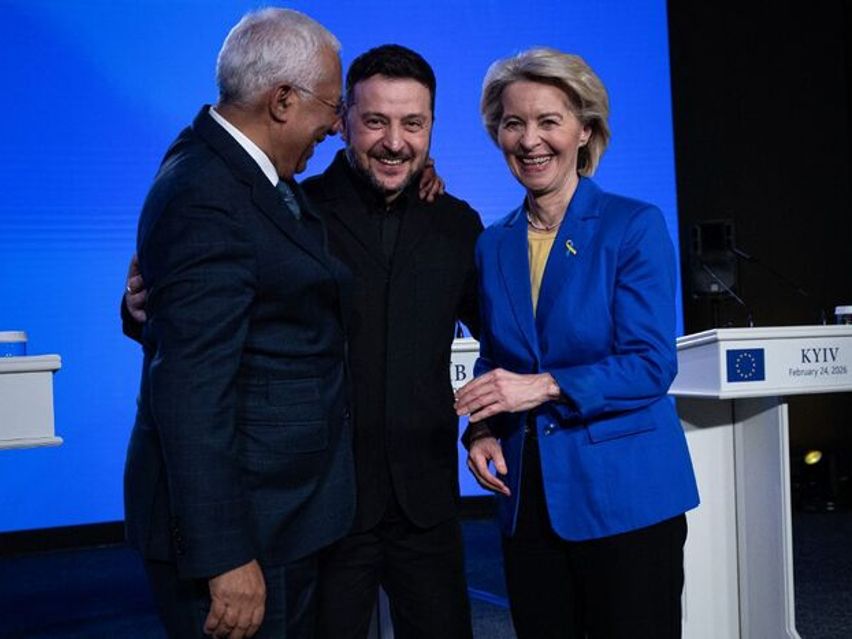

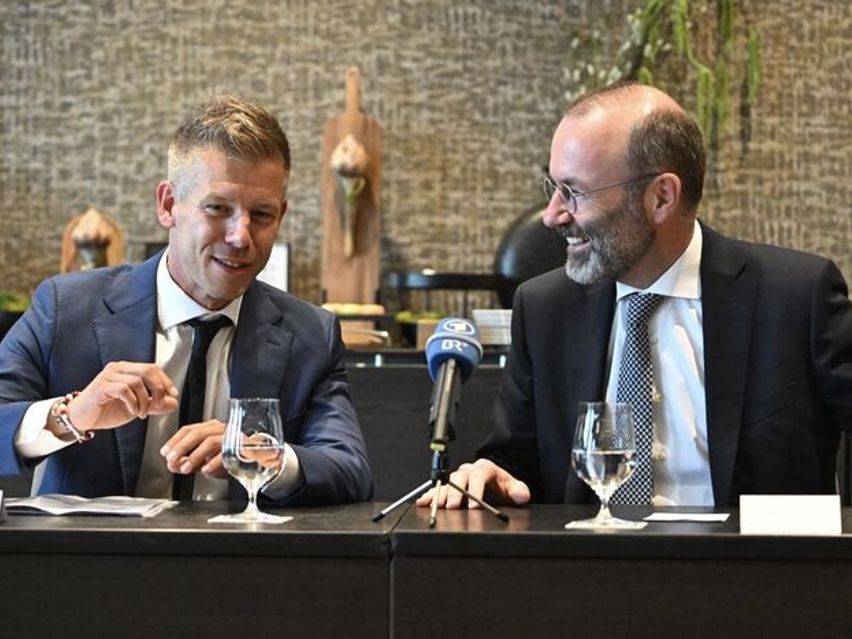





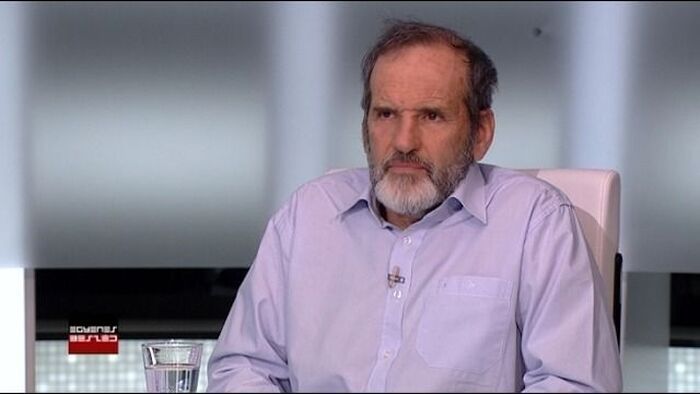

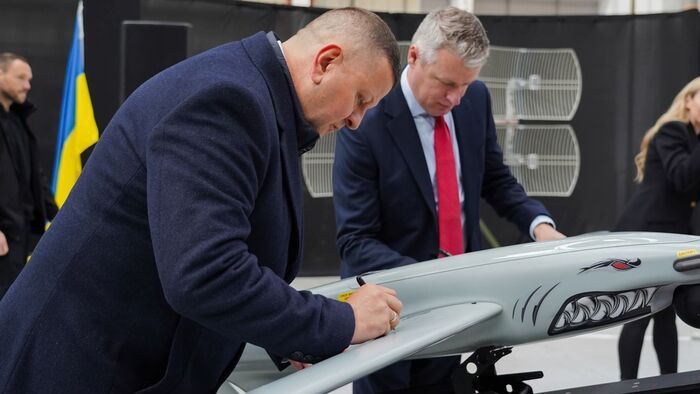
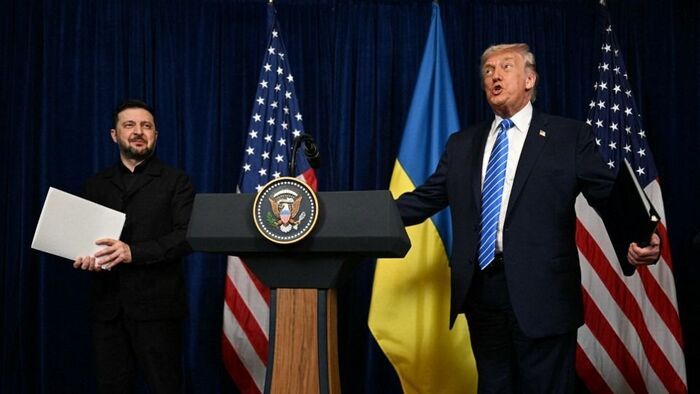

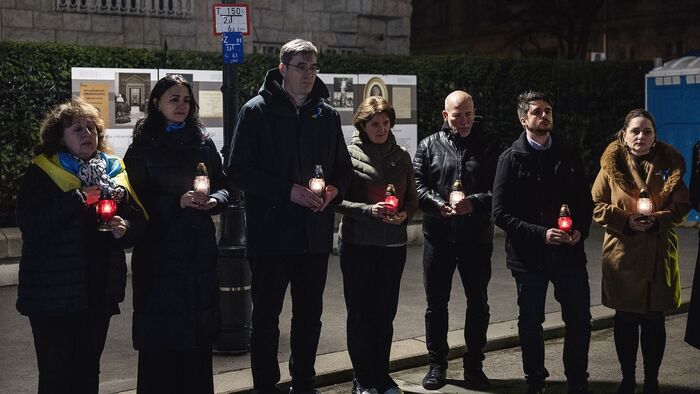


Szóljon hozzá!
Jelenleg csak a hozzászólások egy kis részét látja. Hozzászóláshoz és a további kommentek megtekintéséhez lépjen be, vagy regisztráljon!